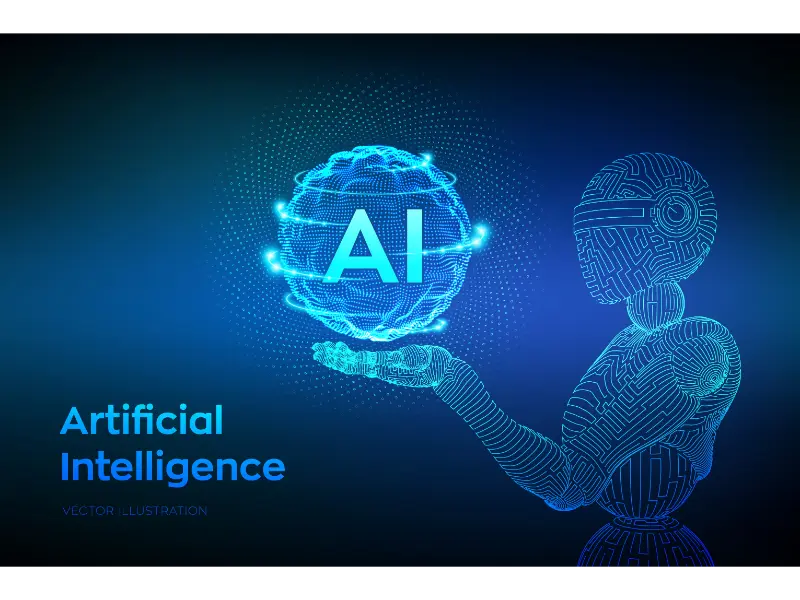- Artificial intelligence relies heavily on algorithms to process data, make decisions, and solve problems.
- AI algorithms guide the steps the system follows to perform tasks such as pattern recognition, data analysis, and decision-making, depending on the specific AI application.
Algorithms are at the core of AI systems, providing the instructions and rules that the machine follows to perform tasks. They are responsible for training AI models on vast datasets and refining them to make accurate predictions or decisions. These algorithms can range from simple, like a decision tree, to highly complex, such as deep learning algorithms. They help AI systems process data, learn from it, and adapt over time, improving their performance without being explicitly programmed for each task.
Also read: What is anomaly detection in AI?
Also read: What is a virtual assistant?
Types of AI algorithms
There are several types of algorithms used in AI, depending on the type of task they are designed to perform:
Supervised learning algorithms: These algorithms learn from labelled data, making predictions based on examples provided to them during training. Common supervised algorithms include decision trees, support vector machines (SVM), and neural networks.
Unsupervised learning algorithms: These algorithms analyse unlabelled data to identify patterns or groupings without human guidance. Clustering algorithms, such as k-means or hierarchical clustering, fall into this category.
Reinforcement learning algorithms: These algorithms learn by interacting with their environment, receiving feedback in the form of rewards or penalties, and optimising their behaviour to achieve long-term goals. This approach is often used in AI systems designed for robotics or game-playing.
Without algorithms, AI systems wouldn’t be able to process and analyse data efficiently. Algorithms make it possible for machines to “learn” from data, recognise patterns, and make predictions. The efficiency of an AI system largely depends on the choice of algorithms, their ability to handle large amounts of data, and how well they can adapt to new information over time. Through the use of algorithms, AI systems can automate tasks that would otherwise require human intelligence, such as language translation, image recognition, or financial forecasting.
The future of AI algorithms
As AI evolves, so do the algorithms that drive it. Research is constantly advancing the complexity and efficiency of AI algorithms, making them more capable of handling sophisticated tasks. Emerging areas, such as quantum computing and neuro-morphic computing, are expected to introduce entirely new types of algorithms, further expanding the capabilities of AI systems and their applications across industries.

